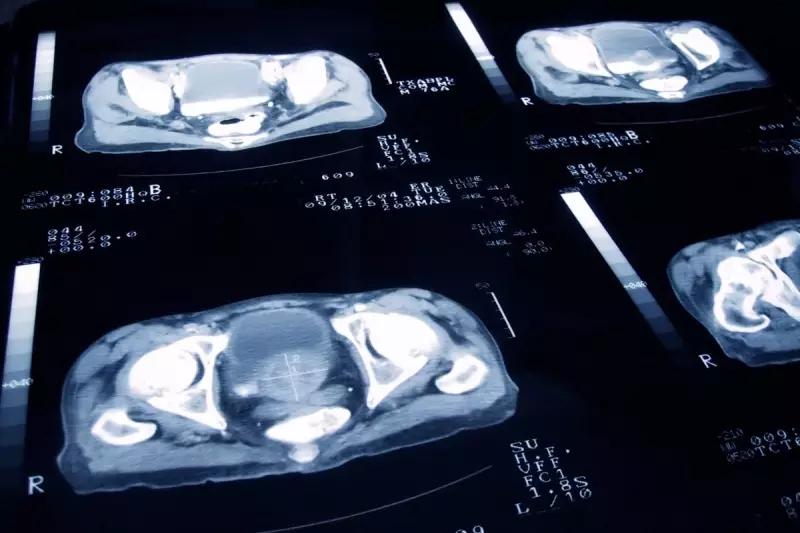
Prostate cancer remains one of the most significant health challenges facing men in the United Kingdom, yet widespread misconceptions continue to prevent early detection and treatment. Medical experts are now speaking out to separate fact from fiction in a bid to save lives.
The Silent Threat: Understanding Prostate Cancer
Unlike many other cancers, prostate cancer often develops without obvious symptoms in its early stages. This silent progression means many men remain unaware of the condition until it has advanced significantly. "The absence of symptoms doesn't mean absence of risk," explains Dr. Matthew Hobbs, Director of Research at Prostate Cancer UK.
Debunking the Most Dangerous Myths
Myth 1: No Symptoms Means No Problem
Many men believe that if they don't experience urinary problems or other symptoms, they're in the clear. However, early-stage prostate cancer typically shows no signs at all. Regular conversations with your GP about risk factors are crucial, especially for men over 50 or those with family history.
Myth 2: Prostate Cancer Only Affects Older Men
While risk increases with age, prostate cancer can strike younger men too. About 1 in 4 new cases occur in men under 65. Black men face particularly high risks, with incidence rates approximately double those of white men.
Myth 3: Testing is Always Painful and Invasive
The traditional digital rectal examination takes mere seconds and causes minimal discomfort. Combined with the PSA blood test, it provides valuable information about prostate health. Newer, more sophisticated testing methods are also becoming available.
When Symptoms Do Appear
While early stages may be symptom-free, advanced prostate cancer can manifest through:
- Frequent urination, especially at night
- Difficulty starting or stopping urination
- Weak urine flow
- Blood in urine or semen
- Pain in the back, hips, or pelvis
The UK Perspective: Why Awareness Matters
With over 52,000 new cases diagnosed annually in the UK, prostate cancer represents the most common cancer in British men. More than 12,000 men die from the disease each year, making awareness and early detection critical public health priorities.
The key takeaway? Don't wait for symptoms to appear. If you're concerned about prostate cancer risk factors, have an open conversation with your GP. Early detection dramatically improves treatment outcomes and survival rates.





